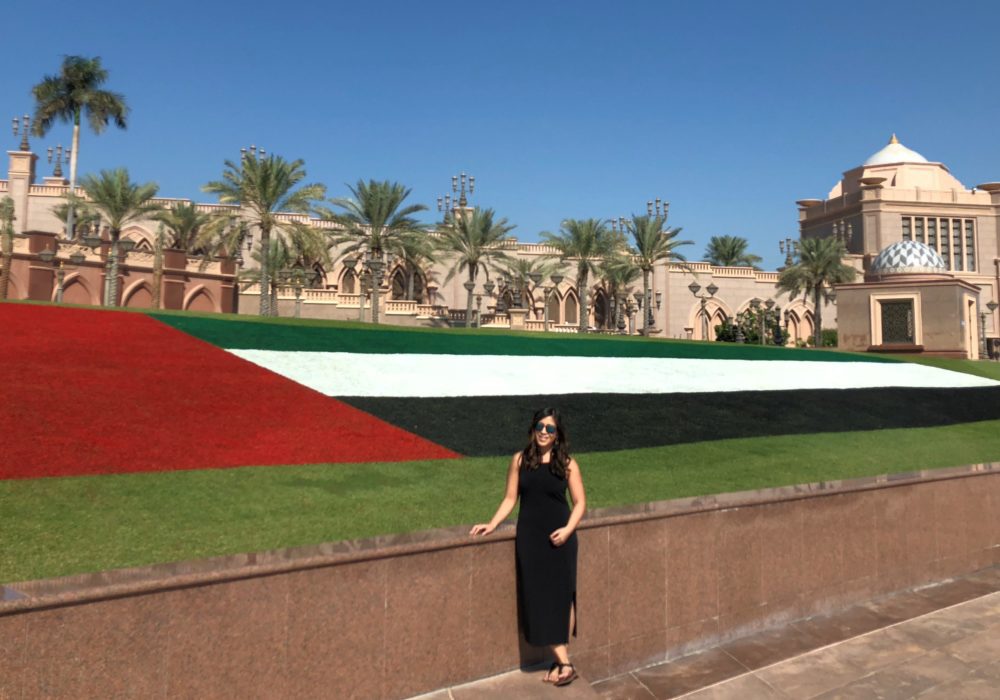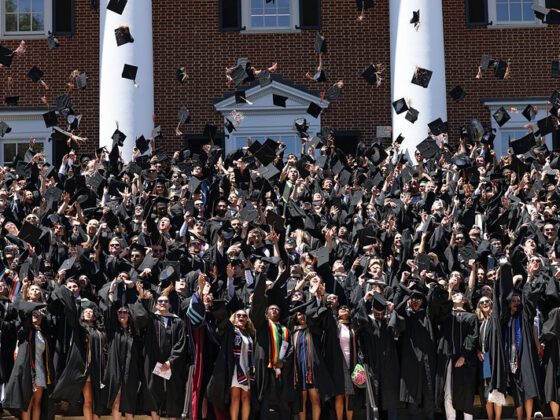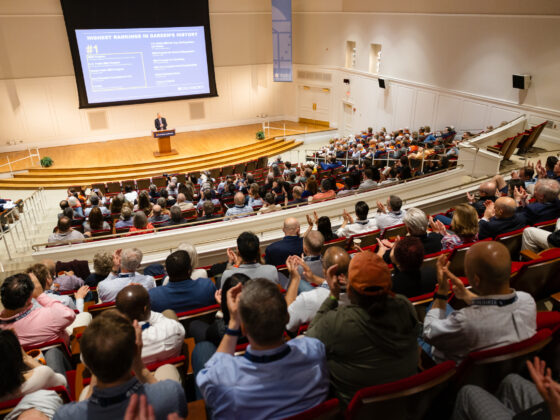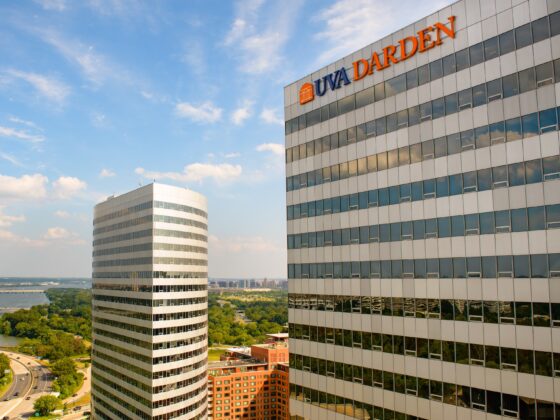Today on the blog, we catch up with Global Executive MBA (GEMBA) format graduate, Jessica “Jess” Ching! This is the first in a series of interviews with members of our Class of 2018 on how the executive formats of the Darden MBA impacted their careers. Be sure to check back for updates in the coming weeks!
About our Global Executive MBA format: Our executive formats – Executive MBA (EMBA) and Global Executive MBA (GEMBA) – are 70% the same. The difference? The number of required global residencies. All executive EMBA format students participate in one of four, week-long global residencies (up to two – space permitting). GEMBA format students participate in all four global residencies. EMBA format students rank preference the four global residencies prior to the start of the program (Editor’s Note: This typically occurs during June/July), and residencies are slotted on a first-come, first-served basis. For our Class of 2021, the global residency locations will be Brazil (Q2), China (Q4), Western Europe (Q6) and India (Q8). Students have no weekend residencies in a quarter in which they participate in a global residency. Learn more about our program’s structure and design.
What have you been up to since graduation?
I accepted a new and exciting role overseas in Abu Dhabi where I am working as a Commercial Manager in our Raytheon Emirates, Ltd. office. As an expat, I am enjoying living in another part of the world and learning firsthand how Middle Eastern markets work and how business in this part of the world differs from in the U.S.. I am also working in a newly established entity of Raytheon Company and getting to see the maturation of our start-up as we continue to grow our business and develop long-standing relationships here in the United Arab Emirates.
How do you feel like your Darden experience prepared you for what you are currently doing?
Through my Darden experience, I gained quantitative and qualitative skillsets, honed my leadership style and developed the confidence I needed to take this next step in my career.
The case method allows you to learn from both your classmates and professors. There is no other and no better venue for a group of individuals to share their candid thoughts and to push each other to truly see all perspectives of a problem. There were many times I was pretty set in my beliefs and a classmate would challenge me to see a different viewpoint. Through these dialogues, you leave Darden with the ability to make the best decisions you can with the information available.
Lastly, through the program, you form a really strong support network you can tap into should you ever be in a bind or in need of a sounding board. To this day, I know that if I don’t have all the answers, I have a cohort of people I can go to at any time for advice and consultation.
Now that you are out of school, what do you miss the most about the program?
I miss the intellectual rigor and the thoughtful conversations. I also miss the Darden staff taking care of us. You’d be surprised how close you become with your fellow classmates and the Darden staff. It truly is a second family. While I went into the program thinking it would be a transactional experience – you do the work, take your classes, and go home – I came out realizing how wrong I was. At Darden, you develop such deep relationships with those around you. You are there for each other when life happens, and we continue to be each other’s support systems even after graduation.
What is your best advice for prospective students?
Take the time to figure out what you want to get out of a program. Darden is a rigorous journey where you’ll be challenged academically. You’ll come out learning a lot more about yourself, not just as a business leader, but as a person. It’s a dynamic experience and you absolutely get out what you put in.





